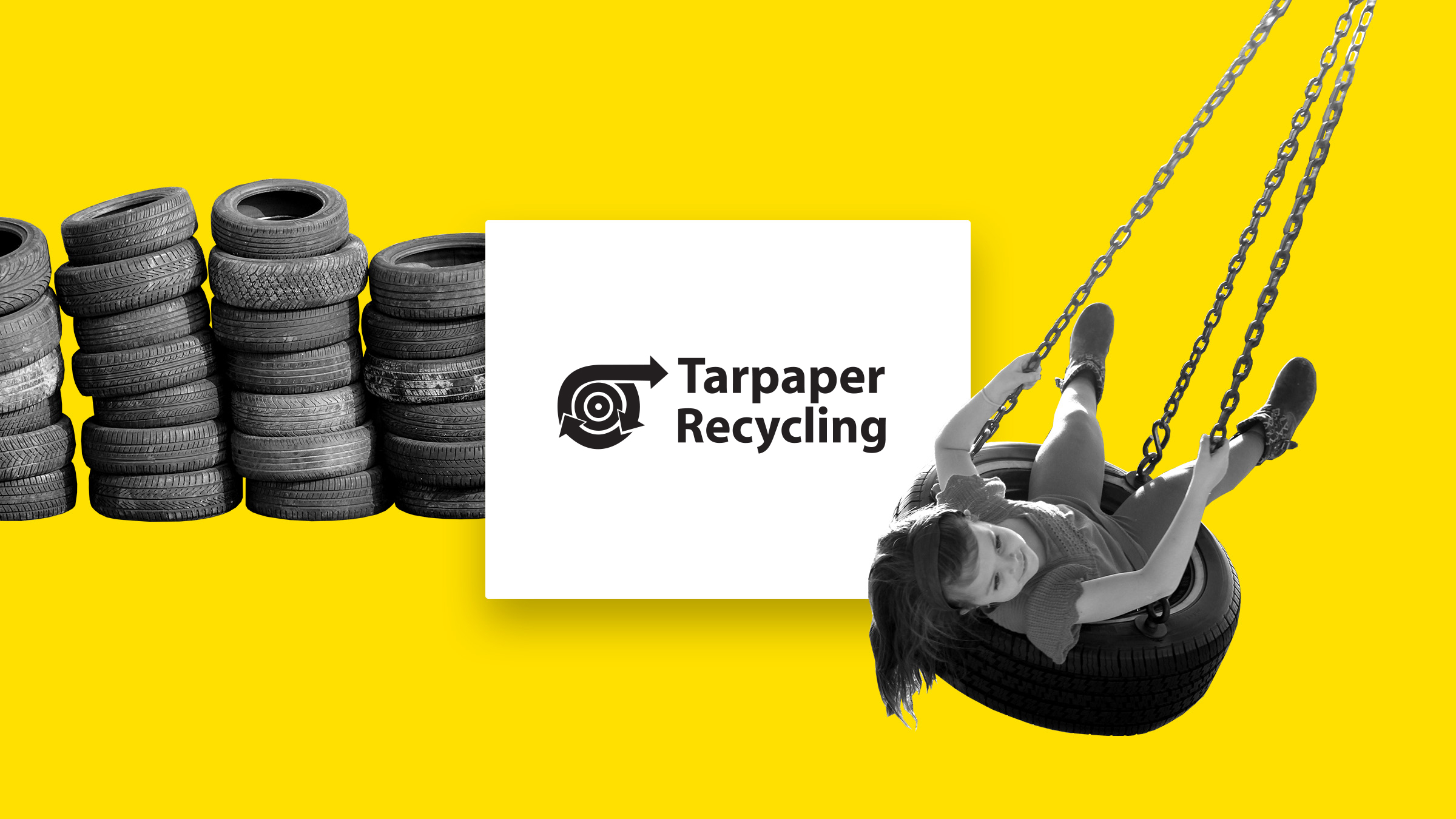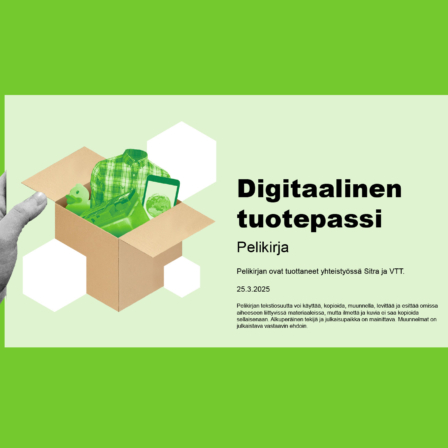Problem
Water insulation sheets used as roofing materials contain oil-based bitumen, which has made them difficult to recycle and meant that old sheets are usually destined for incinerators or landfill sites. Asphalt also contains bitumen but is usually manufactured from virgin raw material. Bitumen is brought to Finland by rail and sea: its transportation and storage require a lot of energy, as the temperature has to be maintained at around 150 degrees Celsius. Asphalt production also consumes high amounts of resources and energy.
Solution: asphalt raw material from roofing felt
Tarpaper receives old bitumen sheets from demolition, renovation and construction companies, roofing material manufacturers and waste management companies. Tarpaper charges a fee for each load, which is then sorted, homogenised and crushed into raw material suitable for asphalt production. From Tarpaper’s plant in Lahti, the raw material is delivered to asphalt production stations, which need a compatible feeder. The reuse of old bitumen sheets as material for asphalt reduces their carbon footprint and the carbon dioxide emissions of asphalt production by around ten per cent. At the same time, the solution reduces the volume of waste that ends up in incinerators and landfills.
Revenue logic and benefits to Tarpaper Recycling
The company’s income stream has two components: bitumen waste acceptance fees and the sale of the recycled material to asphalt producers. The company has created the market from scratch by bringing together raw material suppliers and creating a credible product for asphalt producers. The product has achieved “end-of-waste” status, which means that from the viewpoint of regulation the product is not considered waste. Since 2018, it has been included in the asphalting standards, as a result of which procurement organisations may demand that the Bitumenmix product be used in their asphalting projects.
Benefits to customers
Companies such as renovation contractors can deliver bitumen sheets to Tarpaper instead of taking them to landfill sites, which costs more. Asphalt producers can reduce their costs by using Tarpaper’s recycled material and, at the same time, reduce the consumption of virgin bitumen material. Using the product requires very limited investment in equipment compared to the benefits achieved.


















Recommended
Have some more.